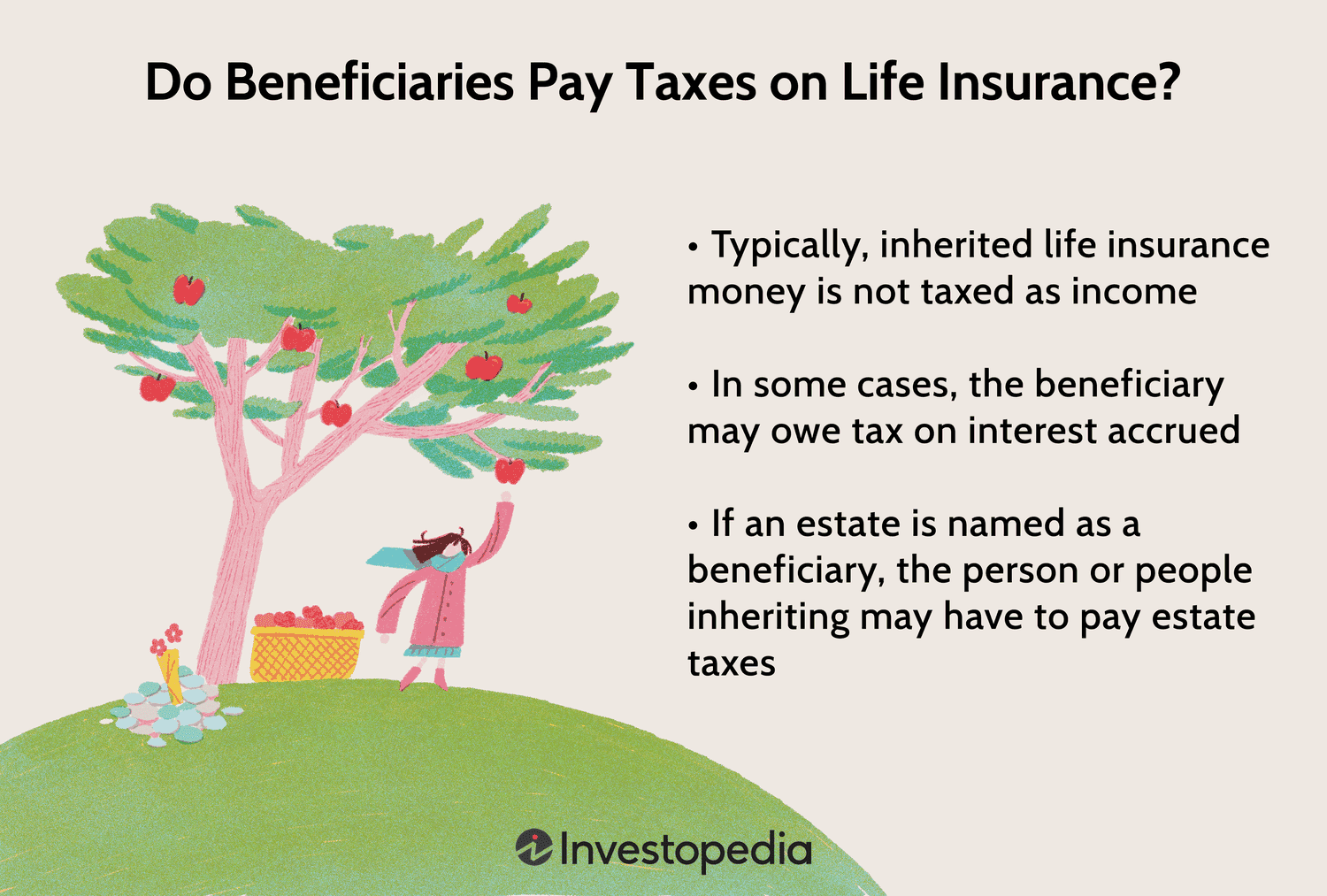Receiving lump-sum insurance settlements after filing sizeable claims for things like medical expenses, lawsuits, vehicle accidents, home damage or workplace injuries often leaves policyholders wondering – “do you have to pay taxes on insurance settlements” when proceeds get issued?
The short answer is possibly yes depending on the coverage type, actual losses suffered, how proceeds get utilized and other circumstances. Understanding IRS rules is crucial to avoid penalties.
Key Factors Determining Insurance Settlement Taxability
Several key variables determine if taxes apply on specific insurance claim settlements including:
Coverage Purpose – Payouts compensating documented losses under policies like health, disability, homeowners, auto, business interruption and workers compensation see exemptions typically up to amount spent toward remedies. But amounts exceeding actual damages often tax as income.
Calculated Damages – Thoroughly documenting financial plus tangible and intangible quantified losses strengthening claims to insurers aids arguing for tax exemptions applying settlement proceeds toward making victims ‘whole’ again. IRS scrutinizes fuzzy calculations.
Settlement Categorization – Portions covering specific economic damages like medical bills, property repairs, lost wages or contractor services don’t get taxed. But general pain, suffering, emotional distress or ‘nuisance’ settlement portions often do qualify as taxable income.
Structured Annuity Settlements – When claim payouts fund structured settlements through annuities guaranteeing future periodic payments, taxes still apply but get spread incrementally over each withdrawal rather than entirely upfront. This aids money management.
Claimant Relationships – Settlements compensating losses for spouses, dependents and certain immediate family members may see specialized tax handling compared to payouts addressing individual policyholder damages directly. Intricacies apply around gifting large sums untaxed.
Attorney Fees – Contingency fees deduct directly from lump-sum settlements owed to law firms representing and fighting claims on victims’ behalf reduce taxable amounts calculated. But expenses occur deducting against future income tax liabilities instead.
Examples of Potential Insurance Tax Scenarios
To illustrate common examples where settlement proceeds face different tax outcomes, consider these hypothetical claim situations:
Mary Files Homeowners Claim for Fire Damage Costing $250,000 to Rebuild Entire Structure
If Mary’s insurer pays the full $250,000 policy limit covering documented contracted construction estimates, the entire settlement amount applies toward restoring actual covered losses from the fire. No tax gets assessed on proceeds utilized to make her whole.
However, if Mary had only carried $150,000 dwelling coverage but carriers pay additional amounts like $50,000 for living expenses and furniture replacement applying policy provisions during rebuilding, extra proceeds must get reported as income. Only the $150,000 rebuilding construction portion qualifies tax exempt.
John Sues Former Employer for $500,000 Over Wrongful Discrimination Allegations And Settles Claim Pre-trial for $350,000
Because no physical financial losses like medical bills or missed wages applied for John, the entire $350,000 settlement amount paid to relinquish lawsuit claims constitutes taxable income per IRS rules. John must pay full taxes on the lump sum settlement minus attorney fees which get deducted instead against future years’ tax liabilities.
Jim Files $125,000 Underinsured Motorist Claim for Auto Accident Injuries
Jim’s settlement covers $25,000 medical bills and $100,000 for pain and suffering damages exceeding the negligent motorist’s minimal liability coverage. In this case, Jim pays no tax on the $25,000 covering actual financial losses while the $100,000 portion for non-economic suffering qualifies as taxable income.
The many nuances around “do you have to pay taxes on insurance settlements” underscore why consulting certified financial planners and tax professionals before accepting lump-sum claim payouts is so important. Victims must understand obligations to avoid penalties down the road on proceeds used incorrectly.


